KLiC Courses
For more information, please visit https://klic.mkcl.org
Our Objective
In 21st Century, most of the new actionable knowledge is being digitally born (often through digital collaborations), digitally stored, digitally presented, digitally distributed, digitally accessed, digitally archived and managed. To start a career, one’s job-readiness, social behaviour and the self-confidence plays important role to work effectively in the 21st Century workplace.
KLiC is instrumental to bridge the gap from college to career. MKCL, under its KLiC brand, offers employability skills development modules as KLiC Certificate Courses.
An aesthetically rich and engaging content of KLiC courses have animations, videos, various work based case studies, mini-projects, etc. These features have increased the learner’s engagement in the courses. The focus of KLiC Courses is on knowledge-based skills and Career development in diverse areas of the industry.
KLiC Courses

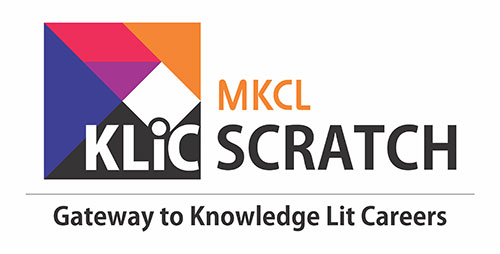
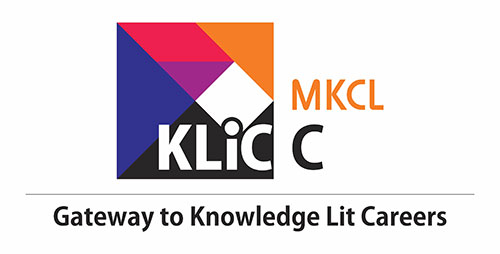
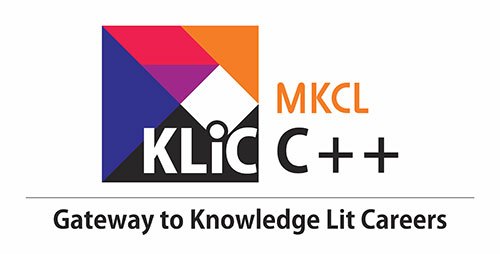
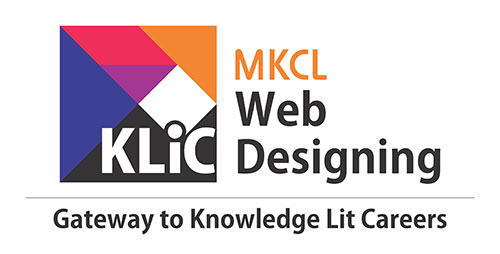


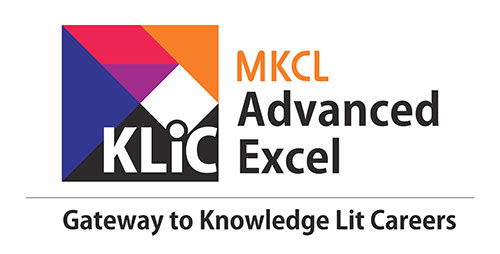

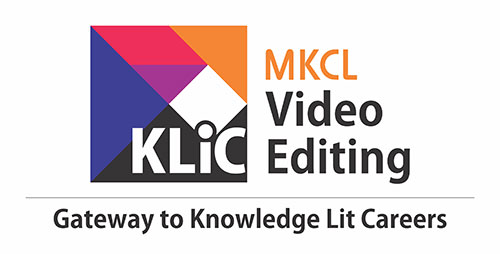
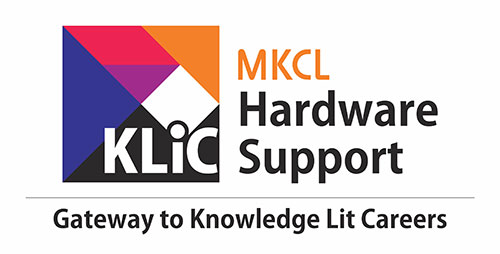
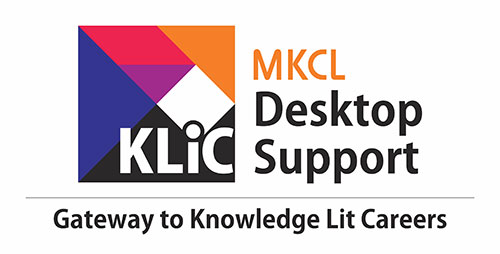
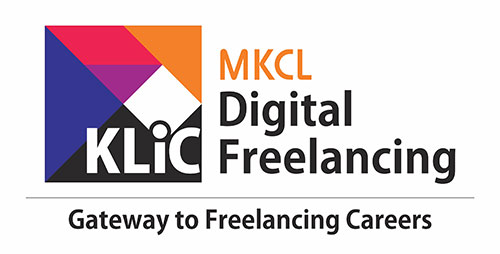
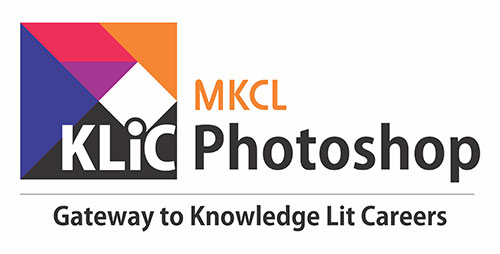
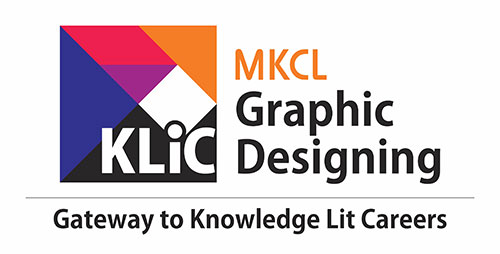
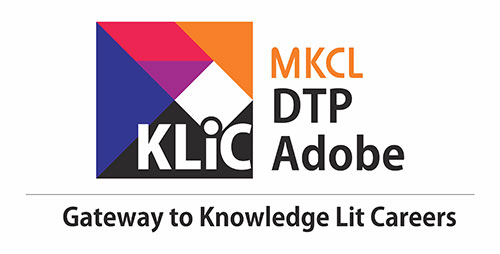
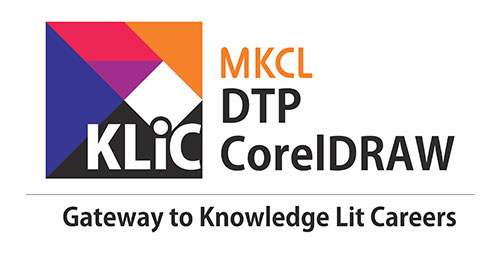
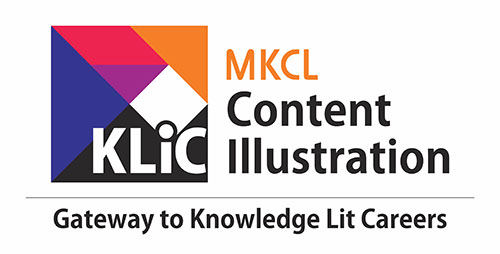

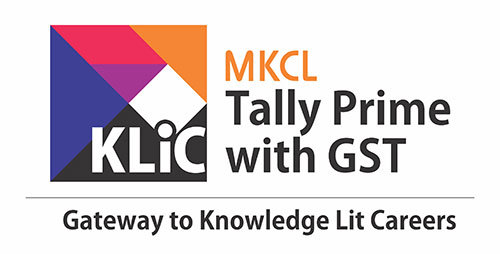
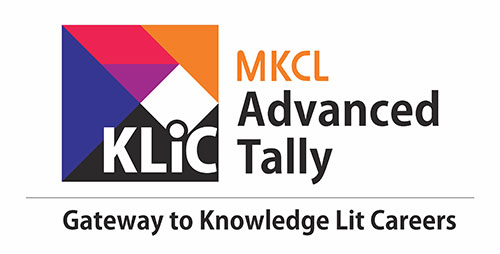
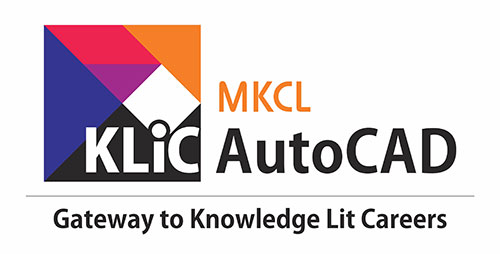
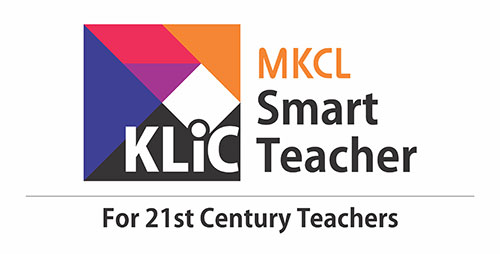
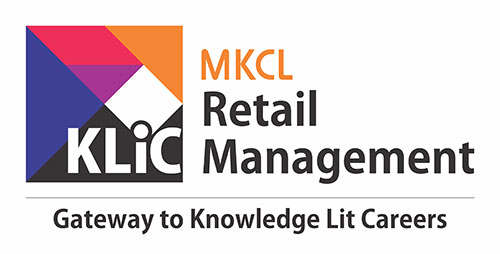
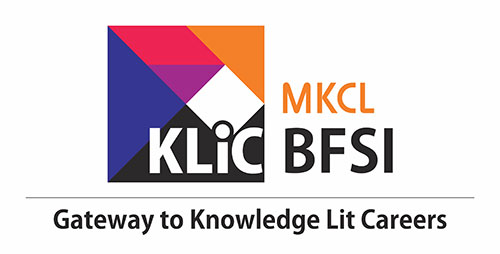
Academic Methodology
The Academic Approach of the courses focuses on the “work centric” education i.e. begin with work (and not from a book!), derive knowledge from work and apply that knowledge to make the work more wholesome, useful and delightful.
The ultimate objective is to empower the Learner to engage in socially useful and productive work. It aims at leading the learner to his/her rewarding career as well as development of the society.
Learning methodology:
- Learners are given an overview of the course and its connection to life and work.
- Learners are then exposed to the specific tool(s) used in the course through the various real-life applications of the tool(s).
- Learners are then acquainted with the careers and the hierarchy of roles they can perform at workplaces after attaining increasing levels of mastery over the tool(s).
- Learners are then acquainted with the architecture of the tool or Tool Map so as to appreciate various parts of the tool, their functions and their inter-relations.
- Learners are then exposed to simple application development methodology by using the tool at the beginner’s level.
- Learners then perform the differential skills related to the use of the tool to improve the given ready-made outputs.
- Learners are then engaged in appreciation of real-life case studies developed by the experts.
- Learners are then encouraged to proceed from appreciation to imitation of the experts.
- After imitation experience, they are required to improve the expert’s outputs so that they proceed from mere imitation to emulation.
Finally, they develop the integral skills involving optimal methods and best practices to produce useful outputs right from scratch, publish them in their ePortfolio and thereby proceed from emulation to self-expression. From self-expression to self-confidence and from self-confidence to self-esteem!